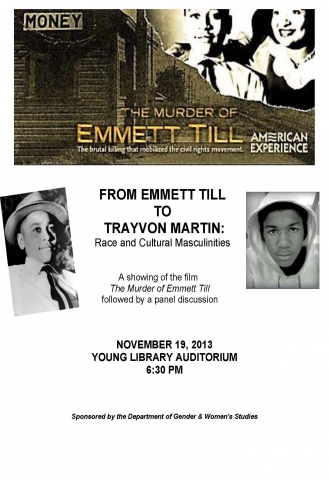Analysis and PDE Seminar
Title: Automating and Stabilizing the Discrete Empirical Interpolation Method for Nonlinear Model Reduction
Abstract: The Discrete Empirical Interpolation Method (DEIM) is a technique for model reduction of nonlinear dynamical systems. It is based upon a modification to proper orthogonal decomposition which is designed to reduce the computational complexity for evaluating reduced order nonlinear terms. The DEIM approach is based upon an interpolatory projection and only requires evaluation of a few selected components of the original nonlinear term. Thus, implementation of the reduced order nonlinear term requires a new code to be derived from the original code for evaluating the nonlinearity. I will describe a methodology for automatically deriving a code for the reduced order nonlinearity directly from the original nonlinear code. Although DEIM has been effective on some very difficult problems, it can under certain conditions introduce instabilities in the reduced model. I will present a problem that has proved helpful in developing a method for stabilizing DEIM reduced models.


